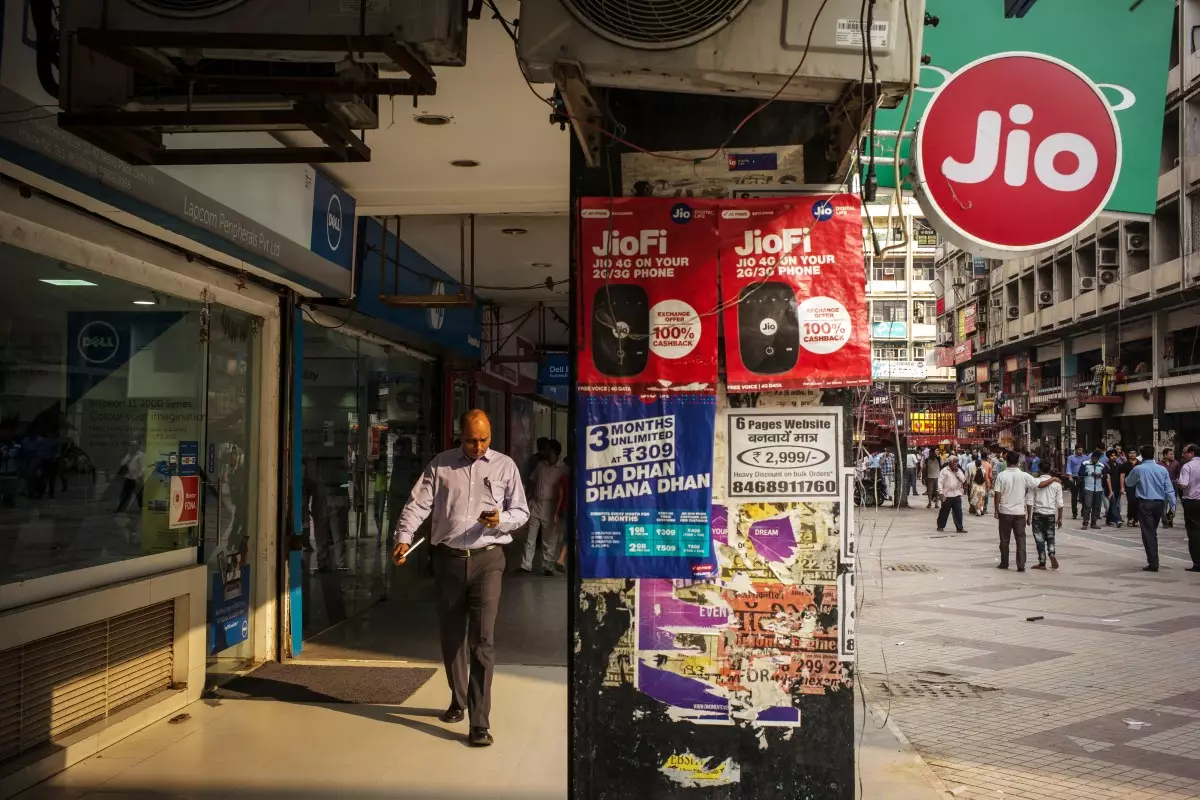In a significant move that has sent ripples through the world of digital privacy, the Indian government has ordered the removal of several popular VPN applications from major app distribution platforms, including the Apple App Store and Google Play Store. Among those affected are notable names such as Cloudflare’s 1.1.1.1, Hide.me, and PrivadoVPN. This action, prompted by mandates from the Indian Ministry of Home Affairs, suggests a rigorous new approach to digital regulation and cybersecurity in a country where the online privacy landscape has always been tumultuous.
According to documents reviewed by TechCrunch and communications with affected developers, the Ministry deemed these apps as being non-compliant with Indian laws, primarily due to their failure to adhere to a recently established regulatory framework. This framework, introduced in 2022, mandates that VPN providers maintain detailed customer records—including names, addresses, and IP addresses—for a minimum of five years. Thus, the Ministry’s intervention is not merely an isolated incident but rather a broader effort to enforce these stringent rules that many VPN providers found objectionable.
The response from industry leaders has been predictably defensive. Major VPN brands such as NordVPN, ExpressVPN, and SurfShark have publicly expressed their concerns about the implications of these regulations, particularly regarding user privacy. Such requirements are in direct conflict with the very principles that underpin VPN services: anonymity and data protection. The potential backlash has prompted several companies to reconsider their operational strategies in India, with some announcing plans to withdraw their server infrastructure entirely from the country while still providing services to Indian customers under altered marketing strategies.
This crackdown raises critical questions about the future of digital privacy in India. With the government asserting its authority over VPN services, users find themselves at a crossroads. On one side lies the promise of enhanced digital security from sovereign oversight; on the other hides the potential loss of privacy that many have fought hard to preserve. As VPN services become essential in a world increasingly dependent on secure digital communications, the balance between national security and individual privacy rights grows ever more tenuous.
As this situation unfolds, it is important to consider the ramifications for Internet users in India and the global VPN market. Will the stringent regulations lead to a more secure digital environment, or will they mark the beginning of a pervasive surveillance state? For consumers, remaining informed about their digital rights remains crucial as they navigate an increasingly regulated online landscape. The necessity for vigilance cannot be overstated; future interactions with technology may see a significant shift in how personal information is managed and protected in India.
India’s recent actions denote a crucial juncture in its approach to digital governance—one that demands attention and critical evaluation by both users and industry leaders alike.

